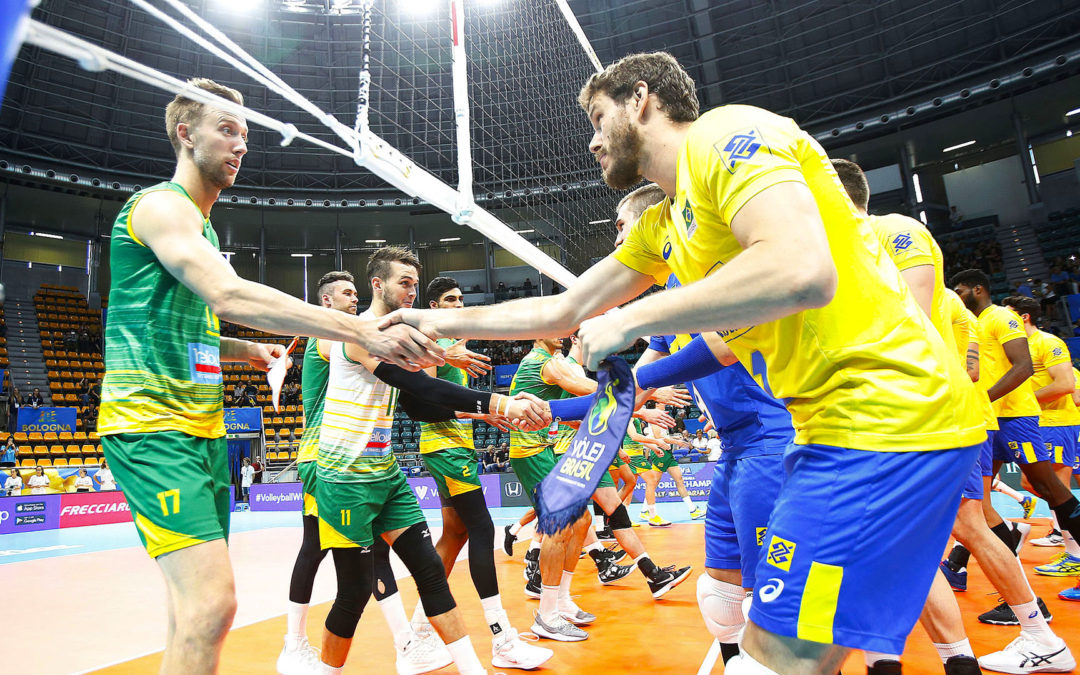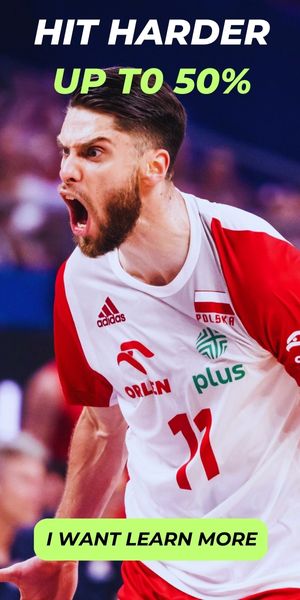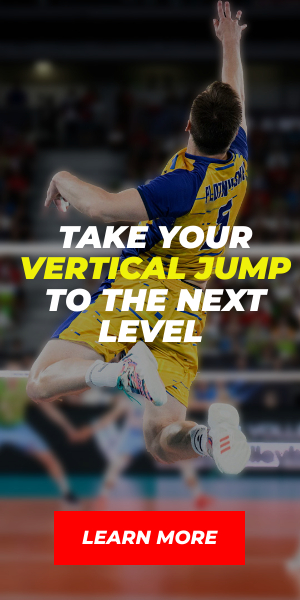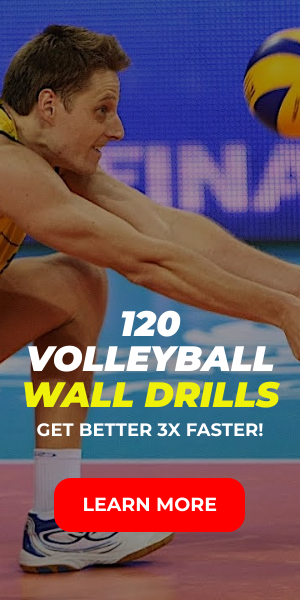“If player focus is high, you don’t need to practice for a long time. If player focus is low, it doesn’t matter how long you practice,” says Mark Lebedew, head coach of Australian men’s national volleyball team.
I sometimes half jokingly tell journalists that playing a lot of matches in a short time is great for players and bad for coaches, because more games means less practice. There are lots of kinds of coaches in the world, with many different philosophies and methods. But whatever the philosophies and methods, these coaches have one thing in common: they all want to train more. Training more is the solution to all performance problems.
Many coaches see the amount of training they do as a badge of honour. More training means they are doing more work. More training means they are doing everything they can to make the team better. But those coaches are missing the biggest point. Anders Ericsson’s research is (nearly) always reported as being about the amount of work you have to put in to achieve expertise. What is (nearly) always ignored is that he describes in fairly minute detail how you have to practice. Practice is not enough, deliberate practice is required.
The length of practice is (more or less) irrelevant. What is important is the focus and attention of the players on the practice task. If focus and attention is high, then the players have a chance to get better. If focus and attention is low, then (at best) it is just specific conditioning training. At worst, the coach is creating the perfect conditions for injuries to occur. Unfocused athletes running around after a single ball in a confined space is when most acute injuries in volleyball occur.
So the solution is clear. If you want to get better, don’t practice more, practice less (better). That is the key.
You can read more tips and advices from Mark Lebedew on marklebedew.com.





